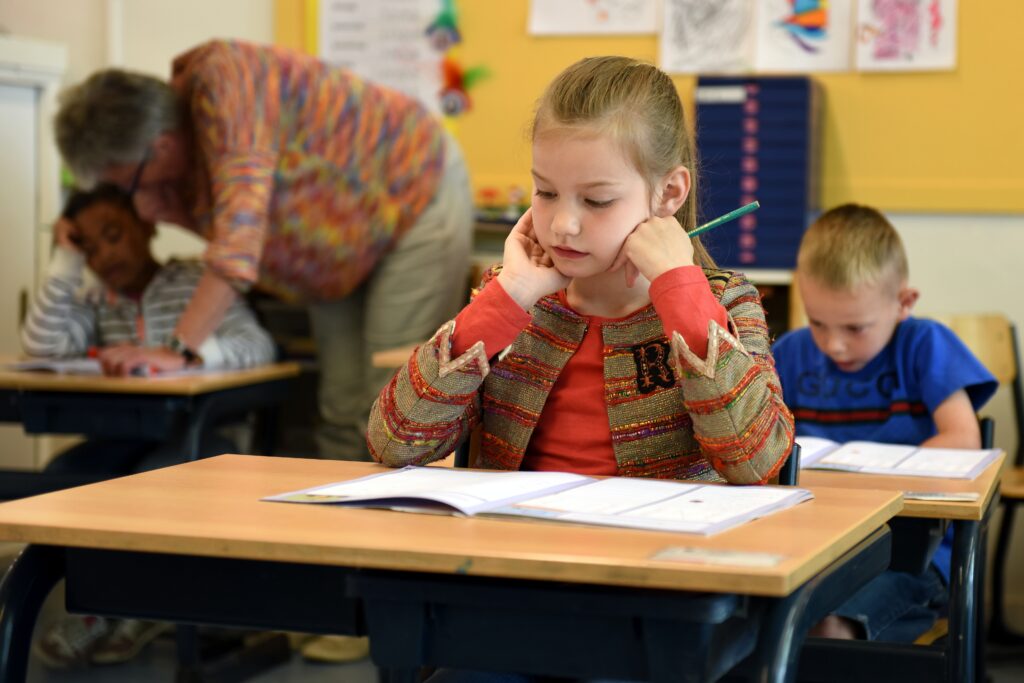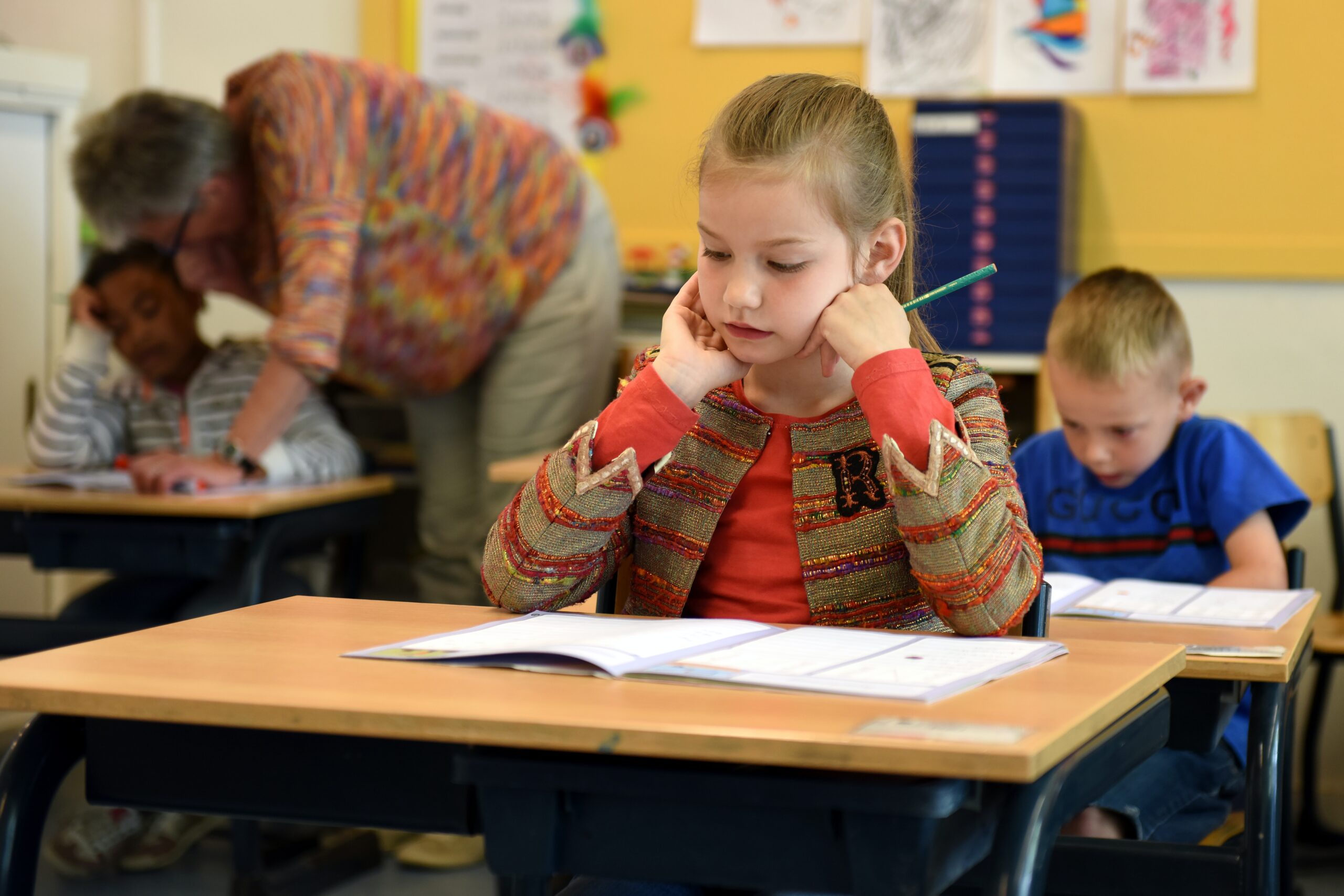
Could we be doing more harm than good?
Saying that our standardized testing system is flawed is akin to saying bad things happen. People shrug it off and continue on with their lives. After all, local, state, and federal funding is often tied to these results; schools are praised or shuttered based on these results, so they are crucial to our system of education. The question that should be asked though is why is something so crucial to our current way of operating, permitted to be so flawed?
I know we say that the tests are flawed, and often times it is our bias that is motivating that statement, but science agrees with us. A recent article explored an under scrutinized aspect of our standardized exams, the dangers of assessing skills without considering prior knowledge. Studies have shown that prior knowledge of a topic impacts understanding of a text far greater than reading ability. Consider that for a moment. If a student has prior knowledge of a topic they perform better on a reading assessment regardless of their current reading level. So what exactly are we assessing when we give students a series of articles unrelated to their knowledge base? Are we assessing their skills or their worldliness?
Closing the achievement gap is the battle cry for many schools and institutions, and rightfully so. We as educators should always do what we can to ensure that students are growing and learning, especially those that are most at risk of falling behind. When you consider the demographics of those are most in danger of being behind, the science is pretty clear. Poverty is the number one indicator of where students will land when considering the achievement gap. Very plainly, those students who are most financial disadvantaged end up being those students that fall behind academically.
We should then consider how is the achievement gap calculated? The answer is standardized exams. Those same exams that favor students who have a larger knowledge base, those students that have had more experiential opportunities, those students that live in homes with greater access to both knowledge and time to explore that knowledge. Where on the poverty line do you think those homes lie, above or below? There is little research in this area, but if we were forced to use our intuition, we might decide that those that have less may have had a poor educational experience themselves, have access to less resources, and would not be able to provide learning experiences at the same rate as those that have more. So is it really an achievement gap, or is it an experience gap?
That is a damning question; a question that casts a shadow over our entire system of standardized testing. It is no secret that a tried and true way to increase exam scores is to teach to the test, so many schools cave to the pressure of performing and do so. If those exams are based more on a student’s ability to access prior knowledge and less on their ability to apply a skill, are they of any value? Are we hurting the education of students by putting so much weight into an exam and adopting teaching methods that focus more on skills than knowledge?
These are all questions that we should answer. We are in the business of helping students learn and grow, and if for a second we feel that we have implemented a system that could interrupt that, we need to pause and reflect. If we feel that in our quest to help, we have made the achievement gap even larger, we need to change. One way to try to answer the question without blowing up the whole system would be for the standardized test designers to share the topics of their prompts in advance so that teachers can teach the background knowledge needed. If that were to happen, then we would at least have one answer.
